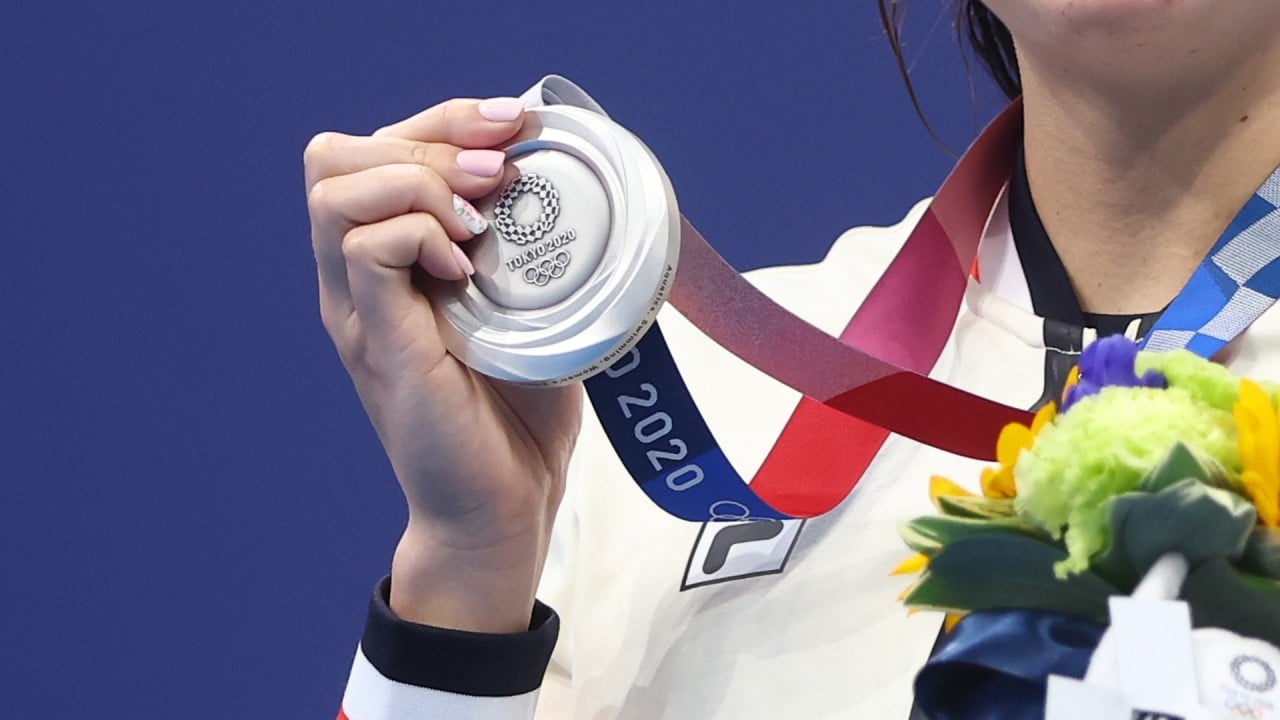Advertisement
Letters | Hong Kong athletes’ Olympic success shows sport’s power to bring us together
- Readers discuss Hong Kong’s inspiring Olympics results and the city’s fight against Covid-19
Reading Time:4 minutes
Why you can trust SCMP

It happens every four years. Mesmerised by the skill, pumped up in the moment and, entertainingly, allowing the couch potatoes among us to dream that we, too, could be superstars. The dose of endorphins could not have come at a better time. We all love the Olympics.
Advertisement
I come from a land that invests heavily in sport. Every Saturday around Australia, parents stand around and watch, or volunteer to help, while kids play games, run and swim. It’s not compulsory, but hundreds of thousands do it.
It gives those gifted kids a chance to shine at an early age without doubt. But this process isn’t just about turning out super-athletes. It is learning about the value of participation and of community. It is about teaching children at an early stage the importance of working together. I’m convinced it is one of the ingredients in the success of our nation.
Every community has its own way of getting together and celebrating what is uniquely theirs. Seeing footage of throngs of Hongkongers in shopping malls cheering Edgar Cheung Ka-long winning the fencing gold medal and Siobhan Haughey’s two brilliant swimming medals reminded me again of the power of sport to bring people together, even in difficult times. How marvellous it is to bask in the warmth of such outstanding contributions.
Elizabeth Ward, consul-general of Australia, Hong Kong
Hong Kong athletes need support to shine

Advertisement
